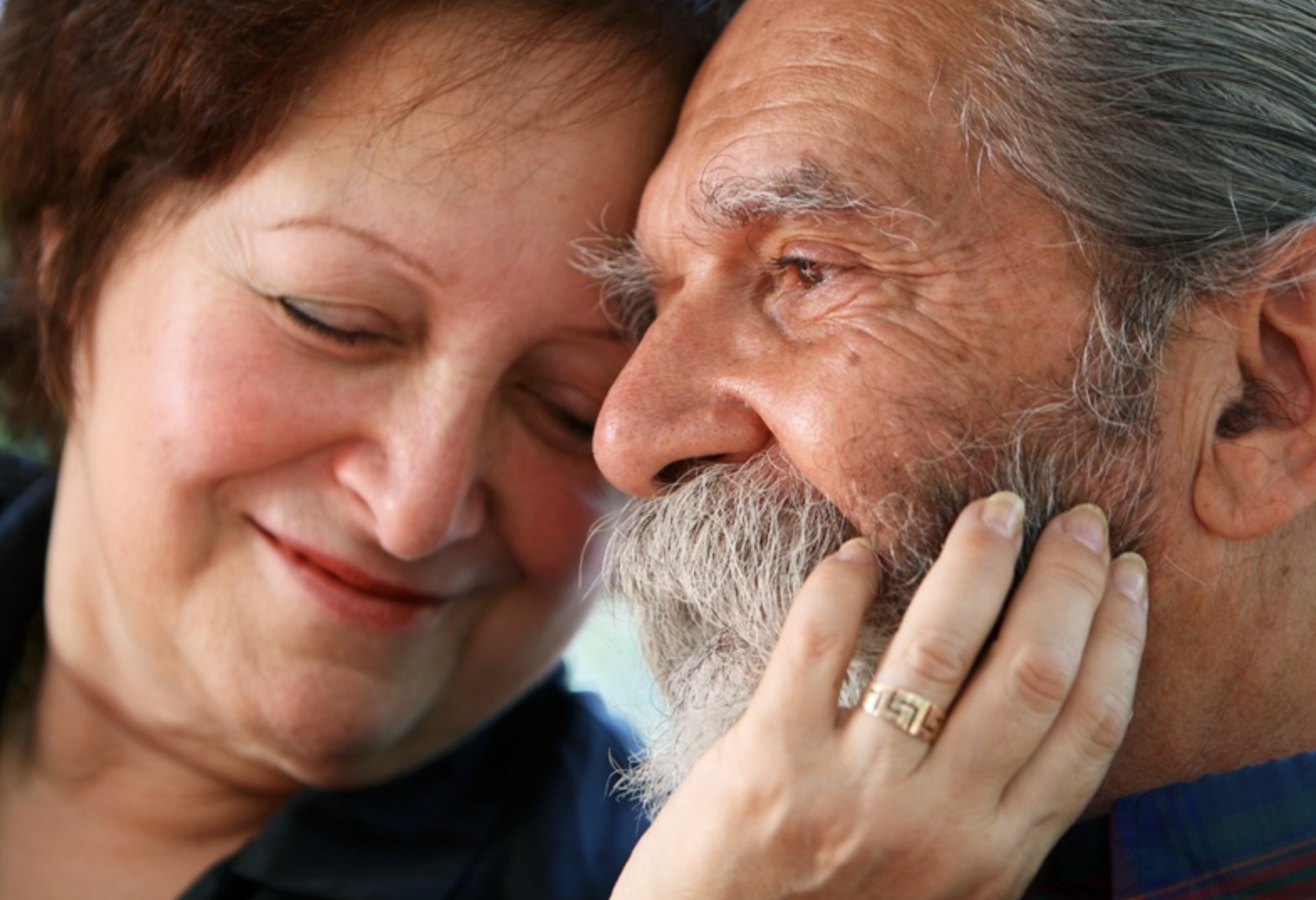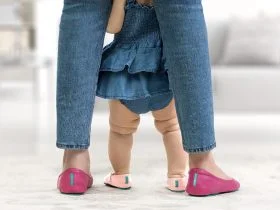Aging is something that everyone is privy to. As you get older, you can expect more wrinkles, your hair might go grey, and your body slows down considerably. This natural passing of time can be daunting for the person going through it and their loved ones, especially if your body and mind begin to deteriorate. Memory loss and dementia can be a very frightening process. Memory loss is attributed to lapses in memory that occur as you age and while it is alarming, it is not debilitating like dementia. Dementia, on the other hand, is a group of symptoms that affect a person’s natural functions such as thinking, memory, and social abilities. It is not a specific disease, but many diseases can cause it. Anyone can be affected by it and it can strip a person of their freedom and dignity.
If you are caring for or close to someone living with dementia, you will know that it is hard work and very time-consuming. As your loved one’s physical and cognitive abilities begin to deteriorate over time, the amount of care they need increases significantly, which can be overwhelming, disheartening, and put a strain on your health and well-being.
More than 16 million Americans provide unpaid care to someone living with dementia and Alzheimer’s in the united states. Many people are giving up their time and sacrificing their wellbeing to care for their loved ones. Therefore, support for those caring for their friends and family must equip them with the right set of skills to provide the best care possible.
Reader's Roadmap
How to Help With Memory Loss
If one of your family members or loved ones is suffering from forgetfulness when aging, there are several things you can do to support them. First of all, you must not panic. Several things happen to the body when one begins to age—memory loss can be one of them. You might notice that it takes them longer to learn new things, they do not retain information as well as they did, and they often misplace items like their glasses or phone.
If you are worried, you must remember that forgetfulness is a normal part of aging. Unless you notice other signs that could indicate dementia and Alzheimers, it is pretty natural to be forgetful. To help anyone in his position, it is worth making a trip to the doctor and having a complete check-up to ensure that other than aging, the forgetfulness and tricks their mind might be playing are all down to aging. Following this, you can be reassuring and try not to pass any judgment or act annoyed. It can be challenging for anyone who experiences memory loss to feel under scrutiny.
Learn About Dementia
If your loved one has had a diagnosis of dementia or Alzheimers, it can be a real shock for everyone involved. To provide them the best care possible, it is integral that you learn everything you need to know about dementia and the symptoms it causes. Everyone who suffers from dementia and Alzheimers progresses differently; their symptoms vary, so you must know what to expect and the variety of ways these symptoms can present themselves.
It can be a terrifying process and you will notice that as dementia develops, a person’s freedom is wholly taken away from them. However, learning about the stages and symptoms will better equip you to judge the level of care they need and support them step by step.
There are many ways you can learn about Dementia, from support groups to internet research, from which you can discuss and learn about the seven stages of dementia. DO the work to get prepared.
Acceptance and Mindfulness
As someone caring for a loved one suffering from memory loss and or dementia, you must put the work in for yourself. You need to give yourself time to grieve the person you once knew; you need to learn to accept who they are now. All of which takes time and patience. Trying mindfulness could be a great way to give yourself a moment to process the feelings and emotions that come up. Finding room for yourself will help the person you care for in more ways than one.
Assisted Living
As dementia progresses, it becomes harder and harder to care for your loved one alone. Often, to protect your own wellbeing, you will need to seek external support which comes in many shapes and forms. If you are in the US, assisted living in Los Angeles, for example, can be a great way to support your loved one. Facilities like Belmont Village offer several services that can help those living with dementia. Equipped with memory experts, you can rest assured that your loved ones are in good hands. They will give each resident a unique care plan that will ensure that their needs are heard. By moving your loved one to an assisted living village, you can ensure that they are in a safe and secure environment and benefit from personalized care.
In addition to exploring options like assisted living in Los Angeles, it’s important to consider the benefits of long term care in Vancouver, Washington, where facilities are known for their compassionate approach and specialized dementia care programs. These programs are designed to offer a stable, comforting environment while addressing the unique challenges faced by individuals with dementia, ensuring a high quality of life even as their needs evolve over time.
Brain Awareness
The levels of care offered in assisted senior living will provide your loved ones with a tailored plan unique for them. Those suffering from memory loss and natural cognitive decline can partake in brain fitness and awareness programs that will help engage the brain. However, these sorts of activities will also benefit those who are living with dementia.
Moreover, many seniors living often have other chronic conditions that need round-the-clock care. For example, they may have sleep problems that need constant monitoring and management, such as obstructive sleep apnea. In such a case, the patient needs to undergo continuous positive airway pressure (CPAP) therapy for possibly the rest of their life. They’ll need to use a CPAP machine with supplies, such as a mask and tubing, and constant supervision under a medically trained staff.
Caregiving is an expression of love. It takes time, patience, and emotional resilience; however, it also gives you precious moments to connect with your loved ones on a deeper level. Yet, you need to handle the ups and downs of dementia care and memory loss and build up the best support for your loved ones with knowledge and preparation. Sometimes, this means accepting you cannot do it alone and letting go of the person they once were. Surpassing these challenges will engender a greater quality of memory care for your loved ones.
It is not an easy road, but you will give them all the support they need with the proper knowledge and attitude.







Leave a Reply
View Comments